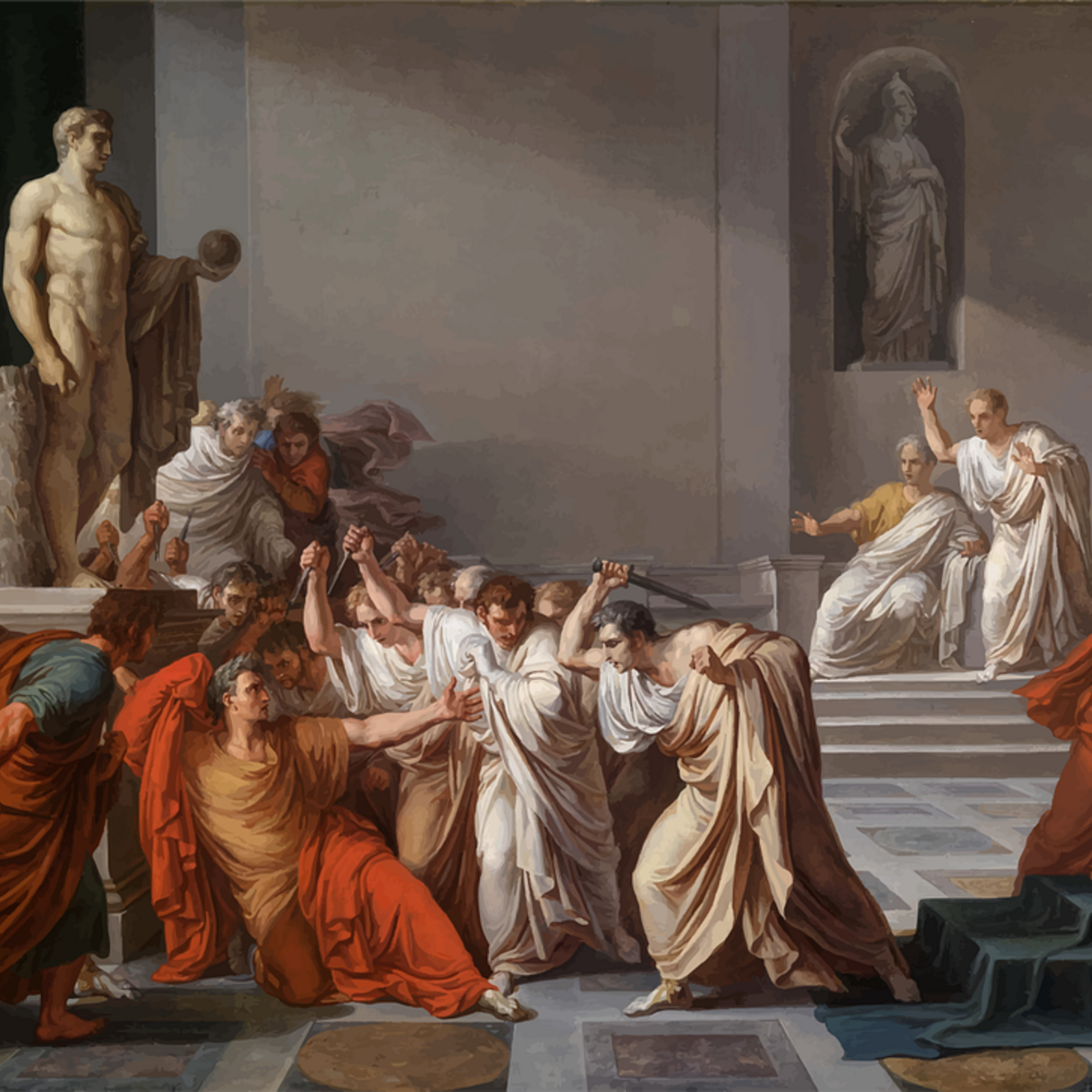Main Content
Latin & Greek
With heart, head and all our senses
Latin and Greek open the doors to the world of the Greeks and Romans. These two races with their cultural achievements have contributed much to what we are today and this is what we focus on in this subject at FGZ using our hearts, our heads and all our senses..
With our heads, we learn the languages and, in so doing, discover a system with which we can view other languages. With the aid of this language knowledge, we are able to read interesting texts and discuss what they arouse in our hearts. With all our senses, we get to know the cultural achievements of the Greeks and Romans: for example, by slipping into the armour of a legionnaire, by bringing a smoke sacrifice to the Goddess Fortuna, by exploring Rome or Greece, visiting an exhibition or going to the theatre.
Languages
If you take three common Latin verbs cedere – go, ponere – put, videre – see and two prefixes ex – out and pro – for, you can make many German expressions Exzess, evident, Exposition, Prozess, Provision etc. and even more French, English (and Italian, Spanish…) expressions excess, exposition, proposition etc.
With every Latin word that you learn, you also learn many other words from foreign languages. In addition, you learn about basic grammar and even improve your German, because in translation work we try out many possibilities before choosing the most suitable word or expression. That is the way to learn German.
Texts
«Vivamus, mea Lesbia, atque amemus» (let us live and love, my Lesbia). What a poem! What an opening! It ends with the thousands of kisses that they both want to share. The Trojan hero Aeneas, fleeing from the devastation of Troy, is tempted to stay in Carthage with the beautiful Queen Dido. She sacrifices everything for him in her efforts to make him stay. However, the Gods demand that Aeneas move on. Love or duty – what should Aeneas choose?
Cultural achievements
Everyone knows that the Greek and Roman cultures build the foundations of our present age. But what does this actually mean? What are the columns of this building? What is a capital? What does «In dubio pro reo» actually mean? What role does Roman law play today? How did the various religions come to Switzerland? In Greek and Latin we learn a lot about where we come from. When we study antiquity, we are actually trying to better understand who we are today.
